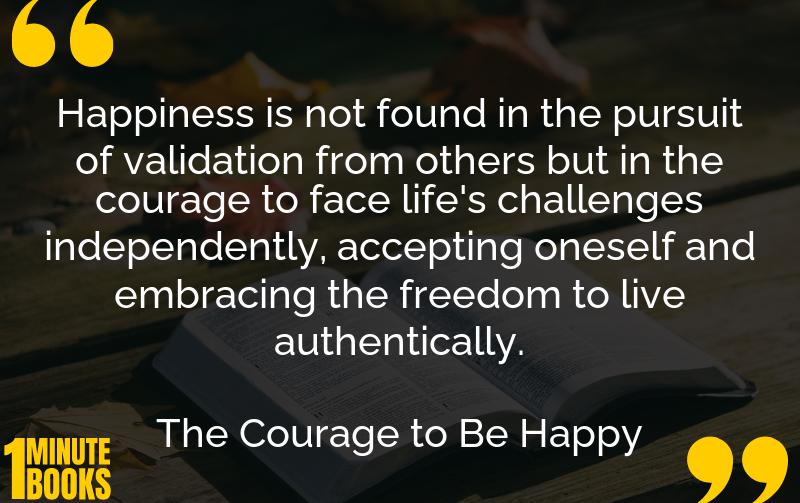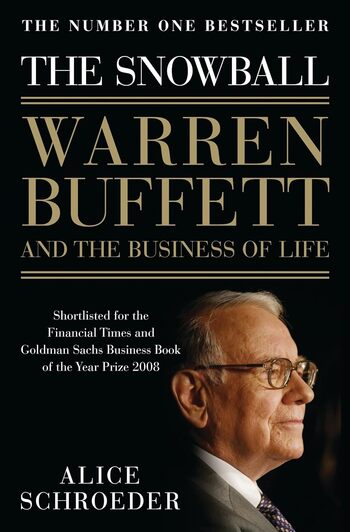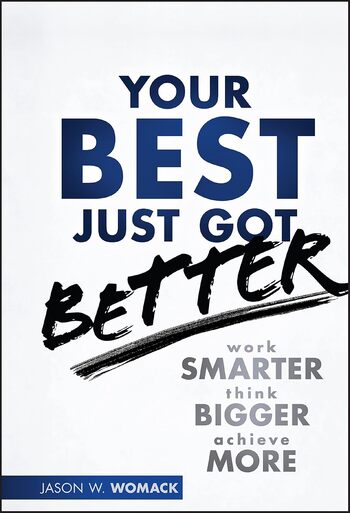
The Courage to Be Happy explores the challenges of applying Adlerian psychology to real-life situations, focusing on concepts like education, relationships, and self-reliance. It follows a young man frustrated by his disconnect with philosophical ideas and their practical application.
Main Lessons
- Happiness is a personal journey, not defined by external validation.
- Horizontal relationships, such as those in a democratic classroom, promote mutual respect and equality.
- Praise and reproach can be limiting and may impose unrealistic ideals on students.
- Self-reliance is crucial for developing individual judgment and confidence.
- True self-reflection is needed to identify deeper personal conflicts beyond surface concerns.
- Abstract concepts, although seemingly impractical, have real relevance when explored patiently.
- Personal growth comes from understanding and trusting one’s own judgments rather than external opinions.
- In relationships, believing in and committing to someone is significant and requires emotional trust.
- Philosophical discussions on education focus on respect and treating students as individuals.
- Dismissing ideas due to lack of instant applicability can hinder personal and intellectual growth.








